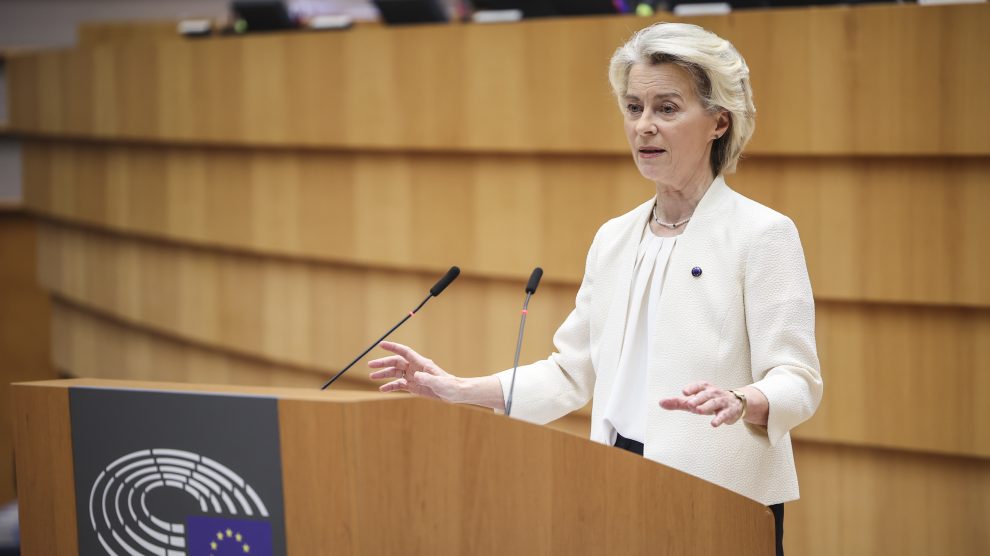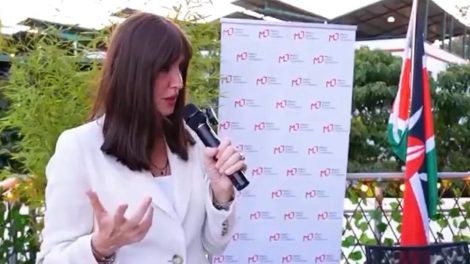On Thursday, the EU’s chamber approved the new package thanks to an alliance between the EPP, the Conservatives (ECR), the Patriots (PfE), and the Sovereigntists (Esn)—a clear break from the Ursula formula, which S&D and Renew had hoped to preserve.
Decoding the news: The due diligence vote is more than a technical file: it captures an EPP shifting the Green Deal toward economic realism, and a Parliament that — for the first time in this legislature — is testing absolute alternative majorities to the historic “Ursula coalition.”
Voices from Italy:
- Carlo Fidanza (ECR): the left is “the enemy of small and medium-sized enterprises,” he said, recalling that the previous EPP-left compromise “was sunk,” whereas the deal with the centre-right “was approved positively.”
- He argues the Commission “will want to propose the same scheme” in the following omnibus packages as well.
- Salvatore De Meo (Forza Italia): the vote “requires companies to monitor their production chains” and lawmakers managed to fix aspects that would have “penalised European firms,” opting instead for “a pragmatic and constructive approach, far from ideological drift.”
Behind the scenes: EPP rapporteur Jorgen Warborn said negotiations with S&D, Renew and the Greens failed to produce a majority:
- “And that’s why I tabled amendments that are 100% EPP.” He added that cooperation with the centrist “platform” and the Greens remains possible — but the priority is to secure stable majorities case by case.
Political landscape: The EPP reaffirms formal distance from the Patriots, but accepts that Parliament now requires “realism.”
- An alternative centre-right coalition — loosely modelled on the Italian example — is beginning to emerge.
- Migration and the Green Deal are the two dossiers where this pattern is already visible.
What we’re watching:
- A debate is unfolding in Brussels: after twenty years of grand coalitions, is the EU ready to revisit a bipolar model?
- The Green Deal vote sets a precedent: variable, more political majorities.
- Upcoming battles on climate, industry and competitiveness will show whether this was a one-off or the first step toward a new equilibrium.





